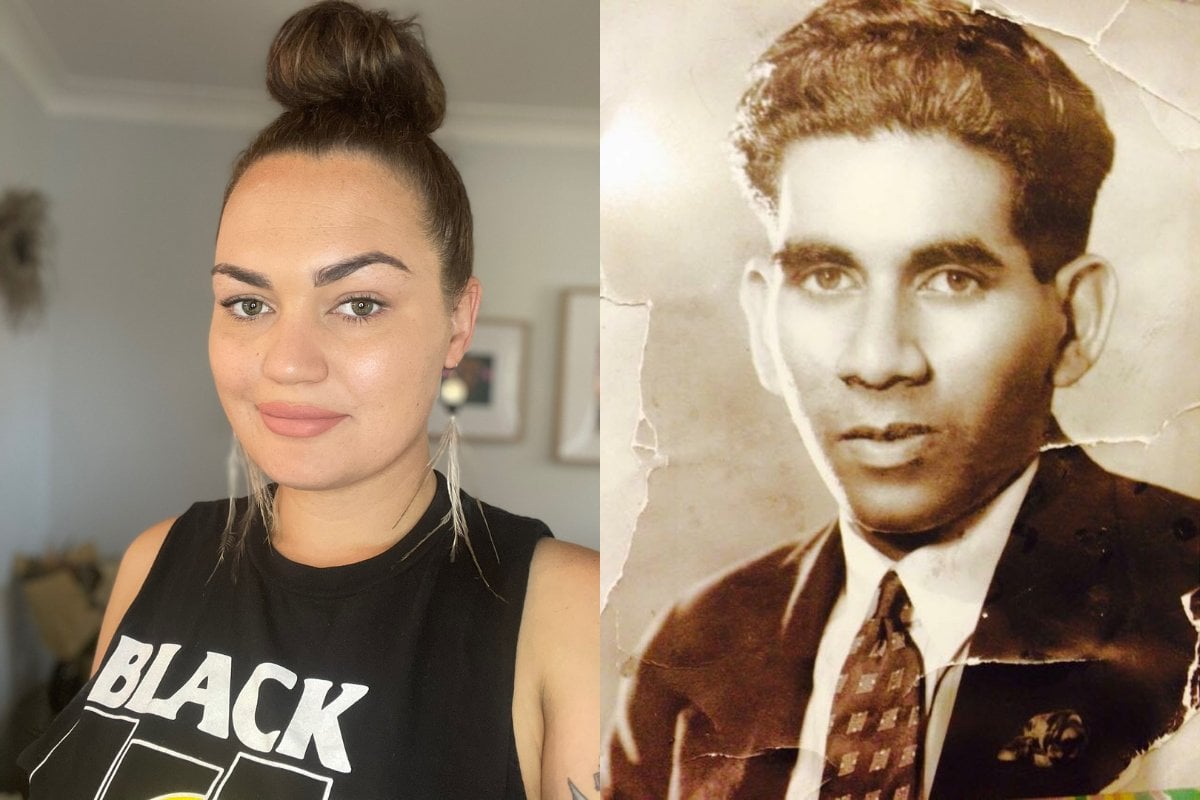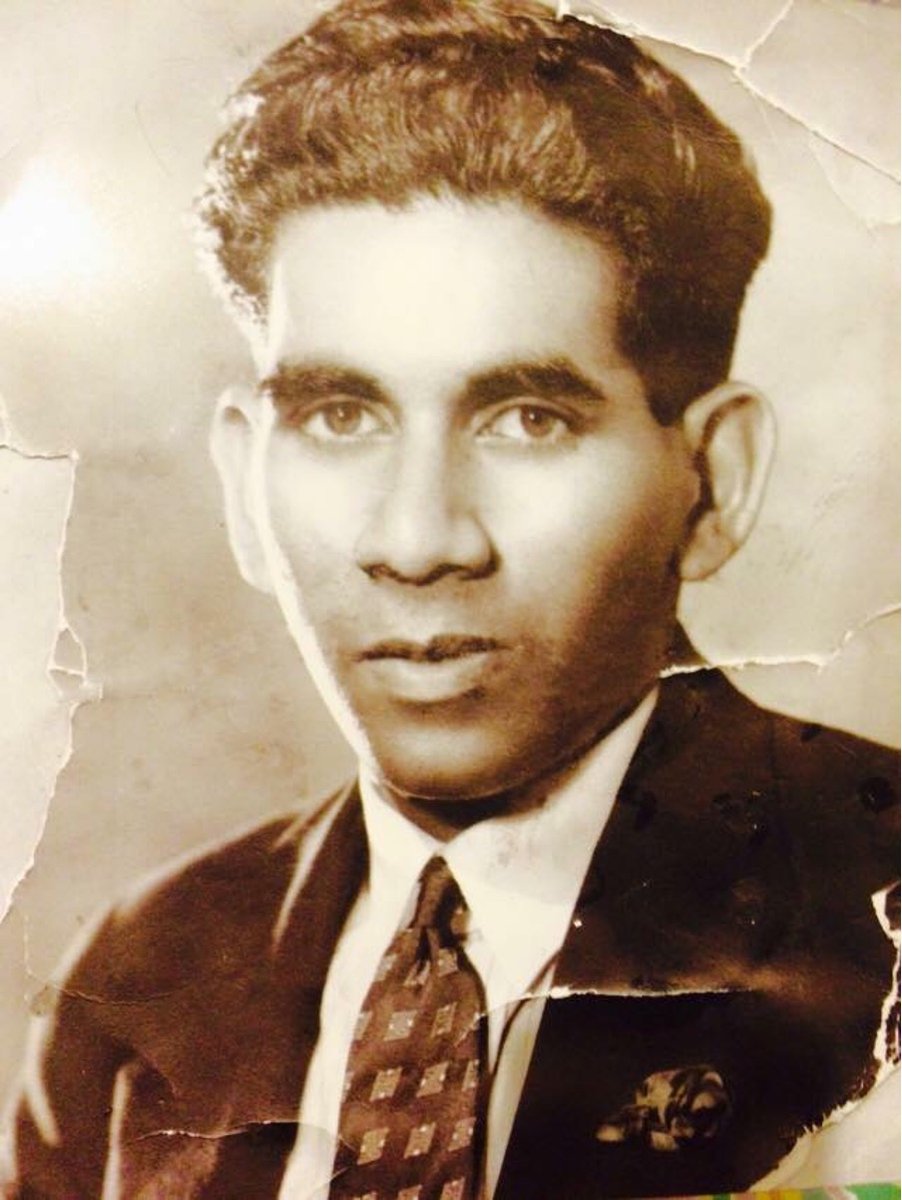
WARNING: Aboriginal and Torres Strait Islander readers are advised that the following article contains names and descriptions of people who have died.
In 2021, Mamamia will only refer to January 26 by its date, to acknowledge that it is not a day of celebration for all Australians. If you want to be an ally this January 26, we urge you to sign this letter to your MP about the Uluru Statement from the Heart, which calls for constitutional change and structural reform that recognises the sacred, ancient spiritual link Aboriginal and Torres Strait Islander people have to their land.
As I watch the New Year's Eve fireworks show each year, a dark cloud slowly looms over me.
January, and more specifically January 26, is a Day of Mourning for our people (the first Day of Mourning protest took place on January 26, 1938). With the advances in technology each year, I expect to see more and more ignorant comments.
Media outlets thrive on divisive polls that create a space for people to share their ignorant and bigoted opinions, even people I once considered friends.
Watch: The Stolen Generations: Why I Can't 'Get Over It'. Post continues below.

